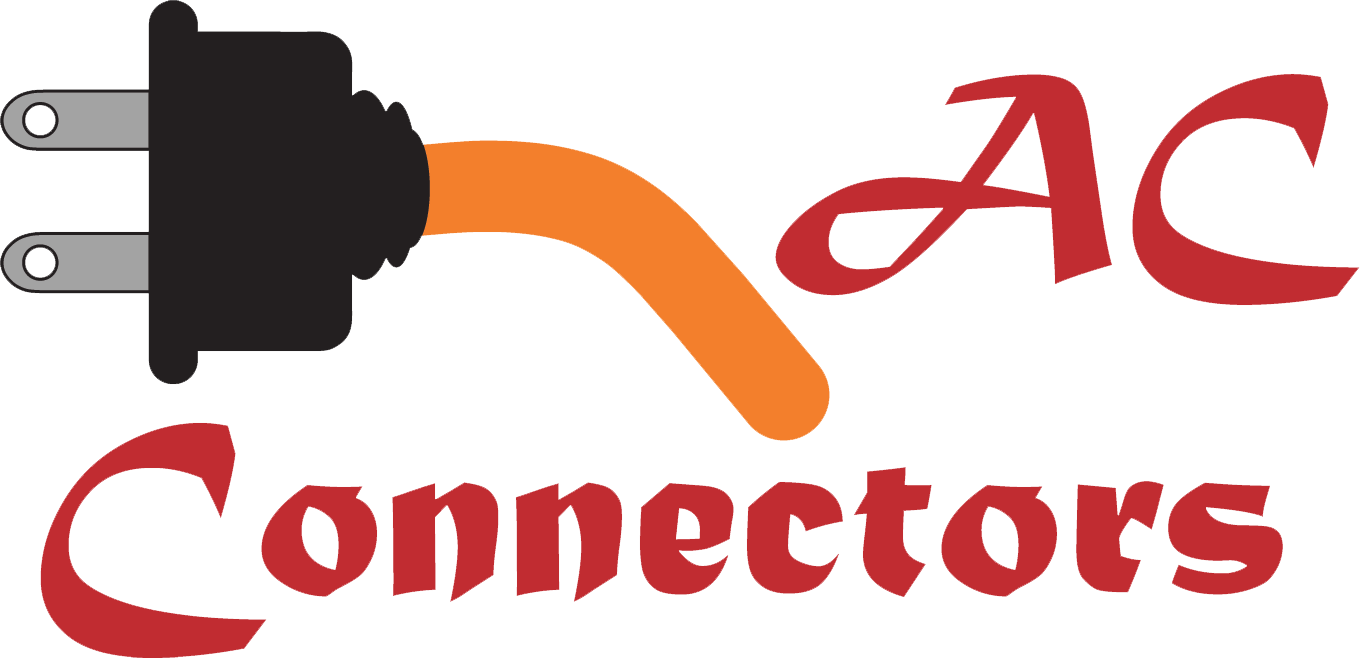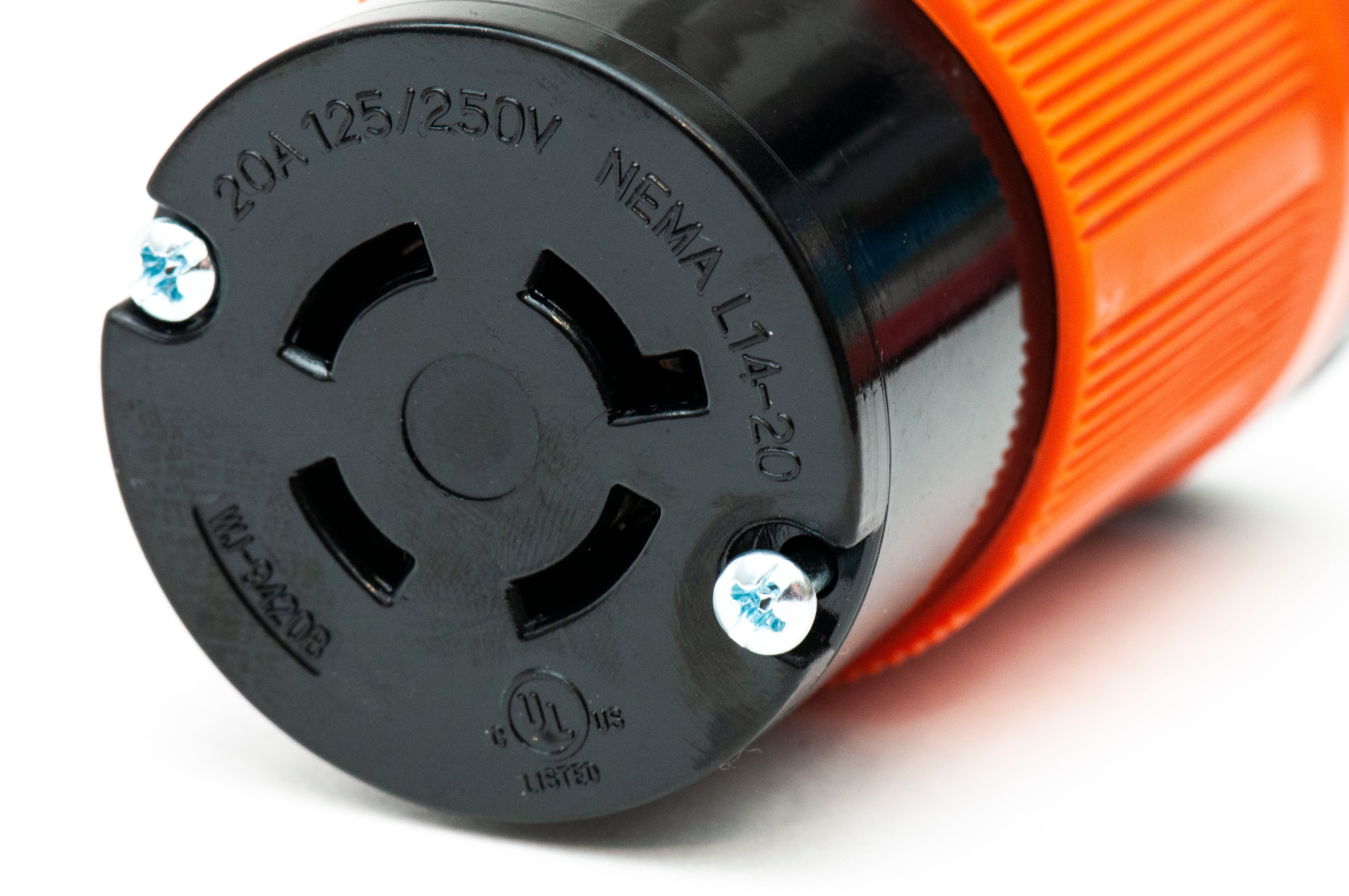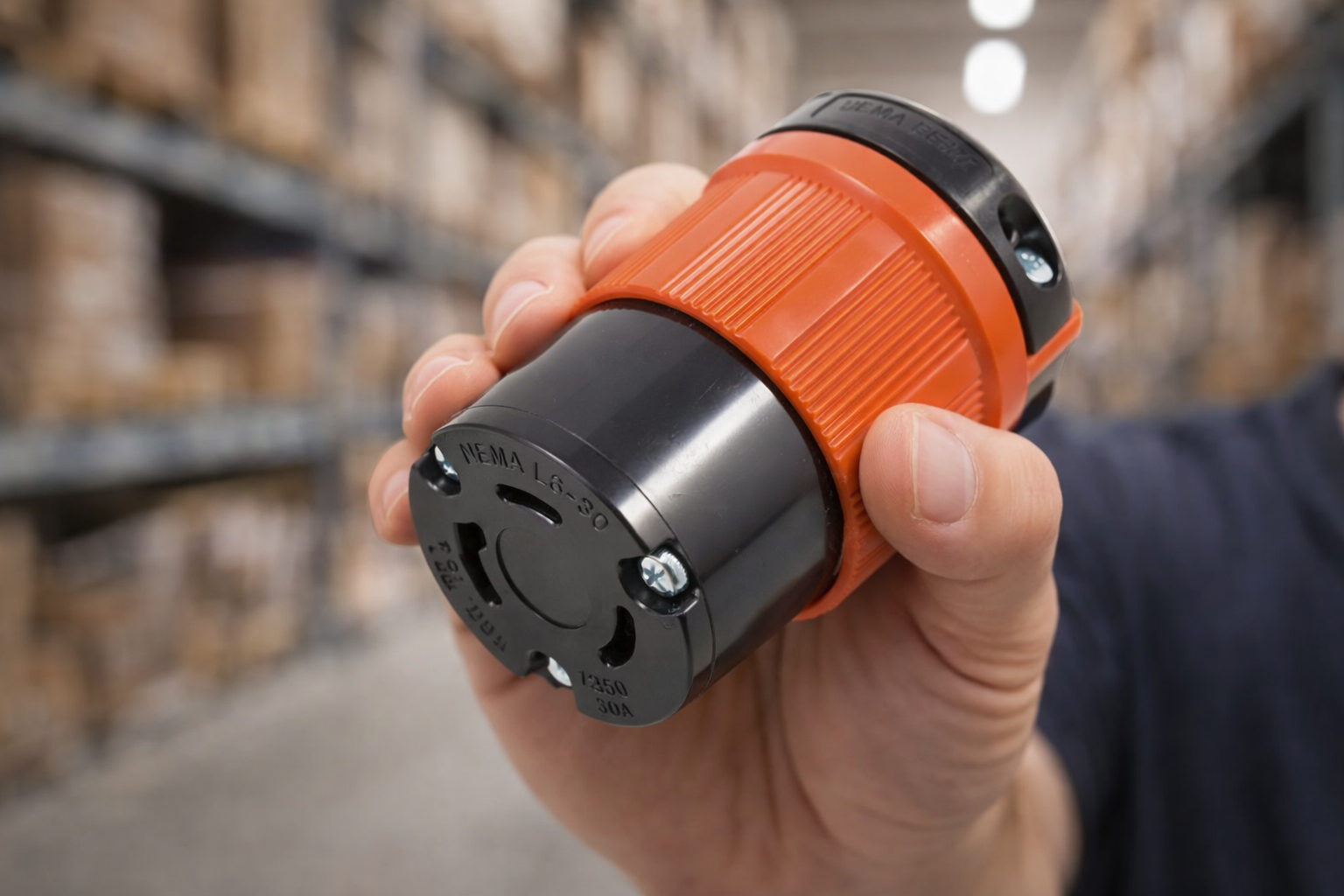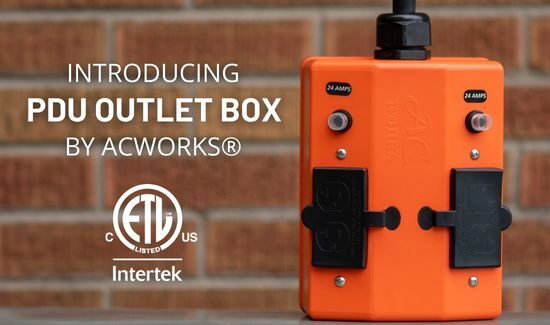The American Wire Gauge (AWG), is a standard wire gauge system that has been used since 1857, mostly in North America. It is a standard specification for the diameters of round wires used as electrical conductors. You can find more information in the ASTM standard B 258.

Each wire gauge has a maximum carrying capacity of electrical current, and amps, it can handle. The AWG is the physical size of the wire, but each size wire is only capable of a certain amperage before it becomes dangerously hot and overheats, causing a risk of fire or shock. For example, a 14-gauge wire can safely carry 15 Amps of electrical current.

If you try to overload the 14-gauge wire with 30 Amps of current, you will overheat, and the circuit will blow. However, if you try to run 15 Amps of electrical current through a 10-gauge wire, which is typically used for 30 Amps, you will not have any problems. However, using a higher wire gauge than necessary is not economical, because of the higher cost of materials. When working on a DIY purchasing the correct gauge wire is more practical.
It is important to guard against overheating by using the correct amperage rating. It will be a dangerous situation if you have a device drawing too much power on a circuit with an AWG rating of less than what the device is trying to use. One purpose of the circuit breaker and fuse design is to stop the power when overheated, protecting your electrical system and/or device, but you should not let them be your only form of protection.
When installing circuits or working with DIY Wiring Devices, it is important to use wiring that is the right size and rating. A commonly asked question for DIYs is “How do we determine the proper size and rating for our project?”

SAFETY TIP: Electricity is dangerous, if you are even the slightest bit unsure of the project you are working on, hire a certified electrician to complete the project for you.
The answer will depend on many things. Therefore, we suggest you hire an electrician. You must factor in the load, number of outlets, and the length of your circuit. One common residential example of this is the window air conditioning unit. Your unit will likely have a plug of NEMA 6-20P attached to it. Your home outlet is a NEMA 5-15/20P. Both outlet and plug will require a 20 Amp rated wire, so you would need a 12-gauge wire.
As you can see having a standard like the AWG is important because it determines the amount of electric current (amps) a wire can carry, helping to prevent overheating which will likely cause fire and shock to occur.
We have provided you with a handy AWG Chart for reference. Print this out or use the link to this post when you need to reference the chart.
About ASTM International:
ASTM International Founded in 1898, ASTM International is a leader in the global standards community.








Share:
Generator Maintenance
Food Truck Power